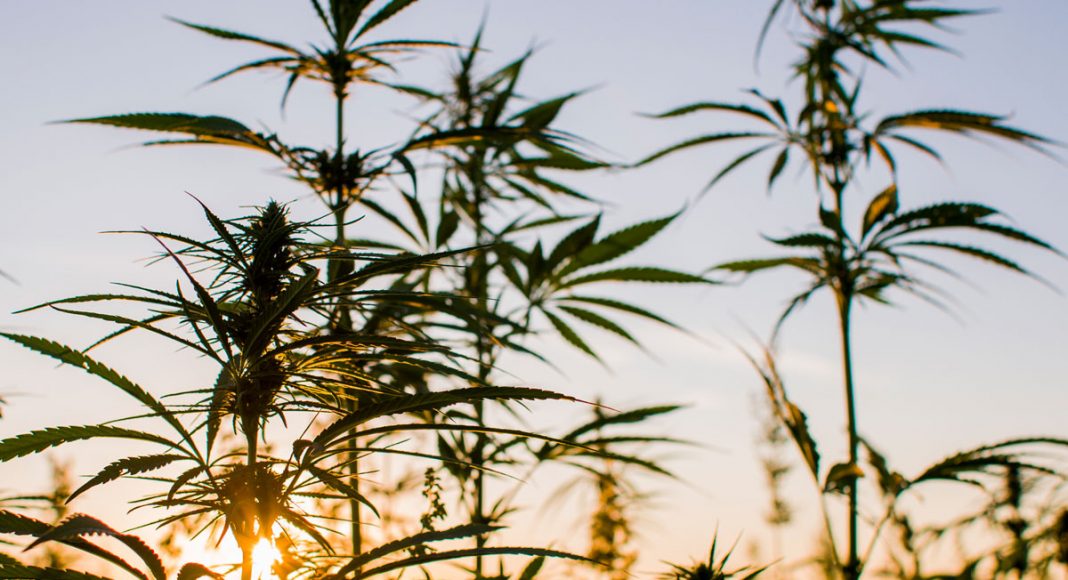Often when we discuss motivations behind cannabis legalization, we discuss medicinal benefits for humans. We talk about marijuana as an alternative to alcohol (recreationally) or destructive opioids (medicinally). We list how marijuana can reduce seizures in epileptic patients help veterans manage PTSD symptoms. I haven’t mentioned cancer or chronic pain, but you get the point by now.
However, what impact could growing marijuana legally have on the environment? As cannabis remains a Schedule I drug, it encourages those in non-legal states to grow marijuana illegally in covered forests, mountains, or closed off in greenhouses. These underground farmers use enormous amounts of energy to run lights and regulate proper temperatures to grow their crops. Ushering marijuana growers into the light would allow them to embrace more eco-friendly practices, like green energy on solar farms.
Related: 8 Things Everyone Gets Wrong About Marijuana’s CBD
We’ve already seen this impact occur in Colorado. In 2015, Boulder County established rules that licensed growers must use 100 percent renewable, sustainable energy in cultivation. Those who cannot comply due to space or financial reasons, must pay into an energy offset fund, with part of those funds going toward educating growers on how to adopt energy reductive practices. States can adopt similar practices when collecting taxes from marijuana sales, setting aside part of the revenue for eco-focused or conservation projects.
But we also must discuss the dangerous side effects of cannabis prohibition. Because when government officials find illegal grows, they destroy the crops. And they aren’t shy about it either.
Law enforcement officers tend to be a little bit overzealous when it comes to the destruction of illegal marijuana crops. They spray the plants and the land that nourished them with harsh herbicides like glyphosate — which, in addition to killing the marijuana plants and scorching the surrounding earth, is also a dangerous endocrine and hormone disruptor.
[…]
Cannabis might be classified as a weed, but you wouldn’t kill your entire garden and then salt the earth just to get rid of a few weeds. Plus, stopping the use of these chemicals keeps them from being picked up in rainwater runoff and ending up in our rivers and lakes.
Perhaps the biggest reason to legalize marijuana from environment standpoint, though, is hemp production. By most accounts, hemp is one of the most versatile crops available, but it’s been illegal to grow stateside, thanks to the Controlled Substances Act in 1970. Though hemp products have flooded the market, including hemp-derived CBD oils, that hemp all arrives from international origins. Hemp is also a great rotation crop, as it grows quickly, and de-toxifies the soil. It also breaks down post-harvest to fill the soil with further nutrients.
Related: Hemp, Hemp, Hooray! How Hemp Can Save The Planet
While using cannabis as a medicine might be at the forefront of the legalization conversation, its boost to the environment shouldn’t be dismissed.


